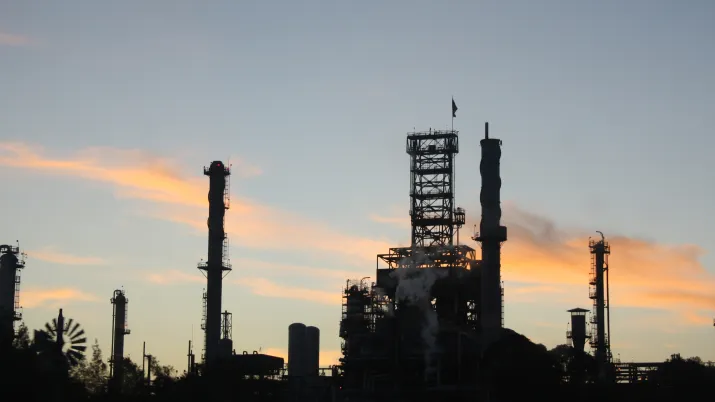News
How the Mauritian CIEL Group is broadening its African horizon
CIEL Group operates in a number of sectors, including financial services, health and textiles, and is one of the leading economic players in Mauritius. This performance is linked to its activities in...
Published on

Overview of new solutions to support small business
In Africa, SMEs account for 90% of private companies and provide jobs for 70% of the rural population. They play a key role in job creation and in the continent’s economic development, however, when...
Published on
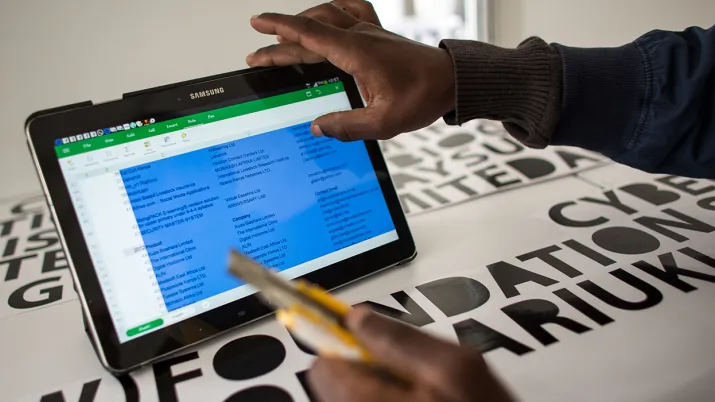
Addressing the challenge of SME Finance by optimizing risk management
African SMEs have the potential to provide jobs for working-age youth. Yet there are key impediments – access, risk, regulation and acumen – to them receiving financing. Addressing the perceived high...
Published on

How to successfully build women’s entrepreneurship
Women’s entrepreneurship boosts Africa’s economy. Assisting it means supporting growth and employment. Yet there are many barriers to its development. While some are due to social or cultural factors...
Published on

From required scale to scaling up
Jean-Michel Severino, Chairman of Investisseurs & Partenaires (I&P), believes that the priority remains investing in support of the formal African enterprise sector, which is best placed to resolve th...
Published on
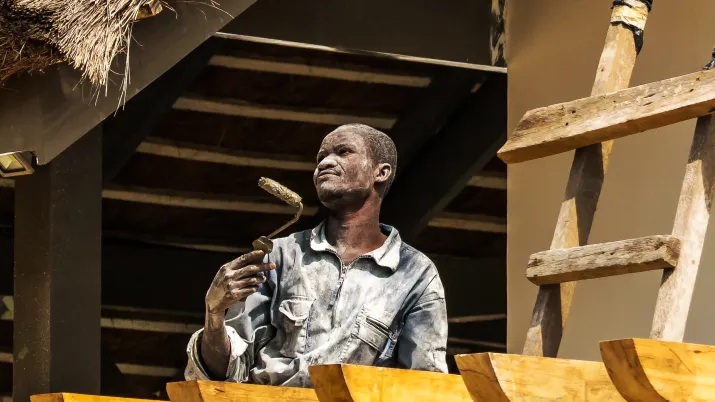
Protected area management: how can the private sector play a part?
We are depleting our natural capital, which sustains lives and economies. A cost-effective way to conserve natural capital, and to restore our natural balance sheet to its proper order is conserving i...
Published on

Developing organic fair trade sectors: the example of Kaoka
As an SME involved in cocoa production, Kaoka can see the destructive effects of an agricultural approach with little concern for the ecosystems where it is applied. By setting up organic fair trade p...
Published on
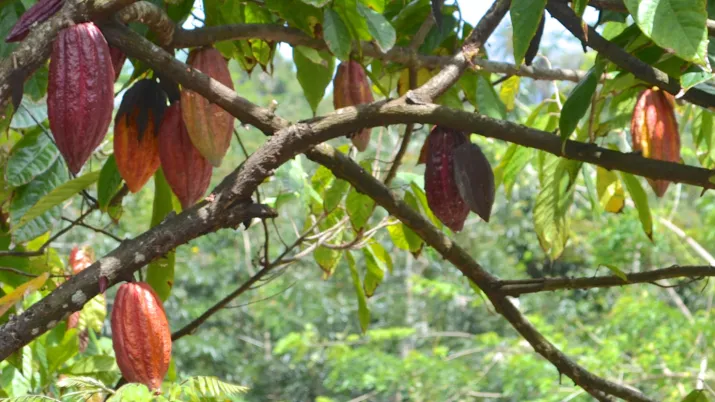
How a global farmers’ bank works to preserve biodiversity
How can farmers produce food for 10 billion people, while preserving biodiversity – the foundation that food systems rely on? This is a key question guiding the work of Rabobank, one of the world’s bi...
Published on

Zoonoses and biodiversity: do we need to rethink environmental health governance?
The number of zoonosis epidemics is on the rise, fuelled by industrial farming practices, deforestation and the loss of traditional habitats. There is an urgent need to rethink health policy from a mu...
Published on
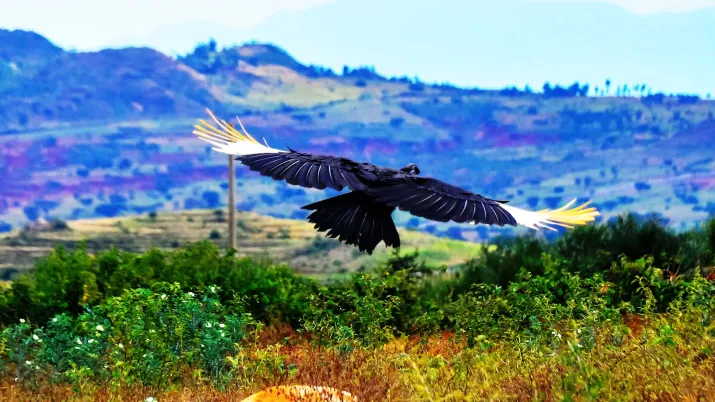
Restored rangelands enhancing prosperity in Southern Africa
In the drylands of Southern Africa, land degradation is increasing, reducing nature’s ability to regenerate pastures to sustain livestock and wildlife. Unaddressed, degraded rangelands can become “was...
Published on
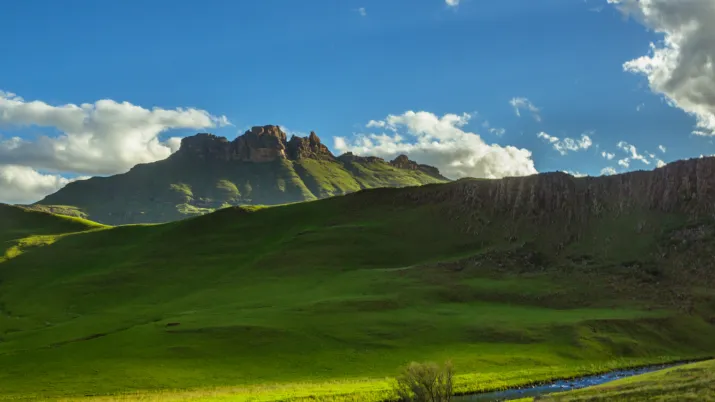
Total’s approach to tackling biodiversity challenges
Back in 2005, Total introduced an ambitious biodiversity protection programme. Today, the Group is committed to protecting the environment at both local level («biodiversity action plans» for new proj...
Published on
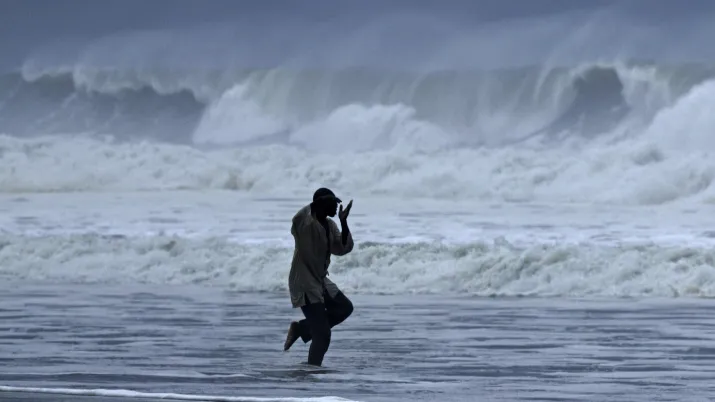
The Nature Conservancy: using technology to protect tuna stocks
Climate change, pollution, and overfishing are putting enormous pressure on the Pacific. Against this background, the eight island nations that make up the Nauru Agreement (PNA) – which controls 70% o...
Published on
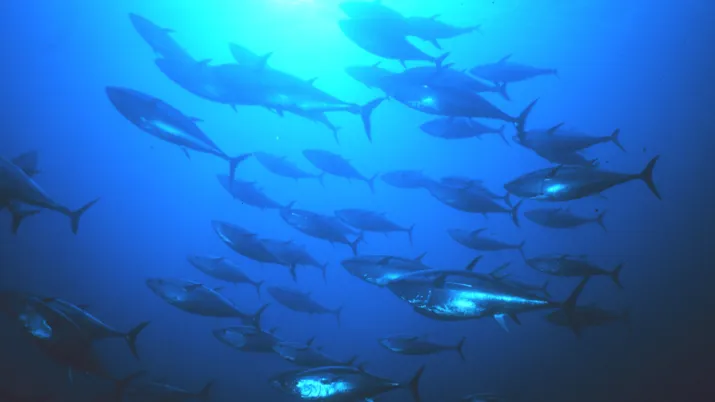
Evolving in order to provide more effective solutions to environmental challenges
Veolia’s historic mission and the development of its businesses have made it a stakeholder who wishes to actively contribute to reducing anthropogenic environmental pollution. Like all industrial busi...
Published on
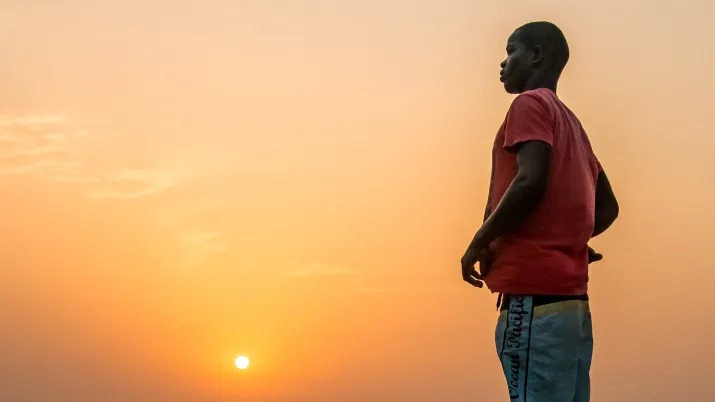
Protecting biodiversity for The Long Run, a holistic approach?
Faced with the current biodiversity and climate crises, privately protected areas, which play a pivotal role in biodiversity conservation, can improve the resilience of the conservation sector. The pr...
Published on
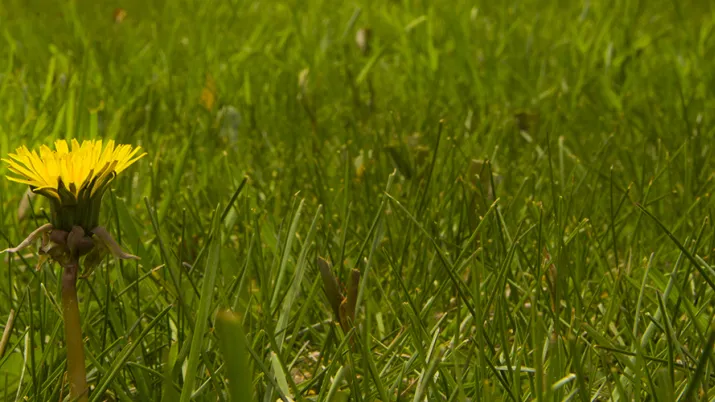
Nature Positive: turning biodiversity from a risk into an opportunity
Globally, the natural world on which people and economies depend is in crisis. Species are declining, biodiversity loss and novel diseases, such as Covid-19, all pose business risks, but the renewed i...
Published on
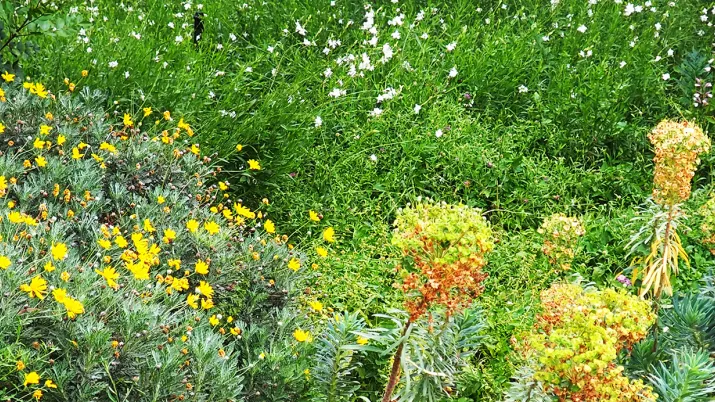
Towards eco-systemic concessions: an introduction to the coming age of forests
In the face of wholesale anthropogenic and climate-related threats, the planet’s four billion hectares of forests are now more valuable than ever. As a reaction to this pressure, in the Congo Basin fo...
Published on
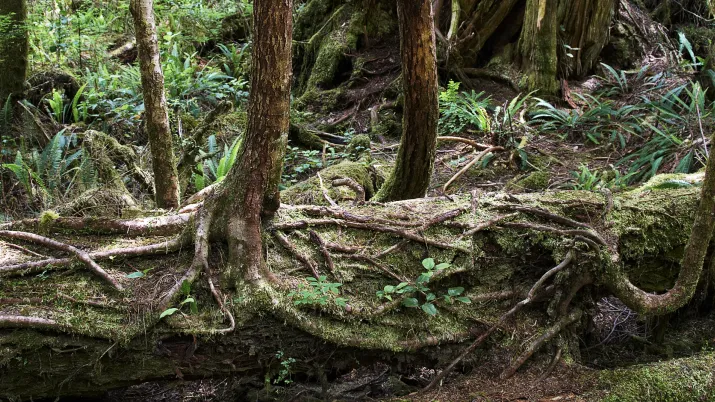
Enhancing the export competitiveness of the textile and clothing sector in developing countries
Over the years, assembling clothing has become a commodity. However, mere cut and sew operations are no longer a sustainable offering. To achieve the employment targets envisaged by governments, compa...
Published on
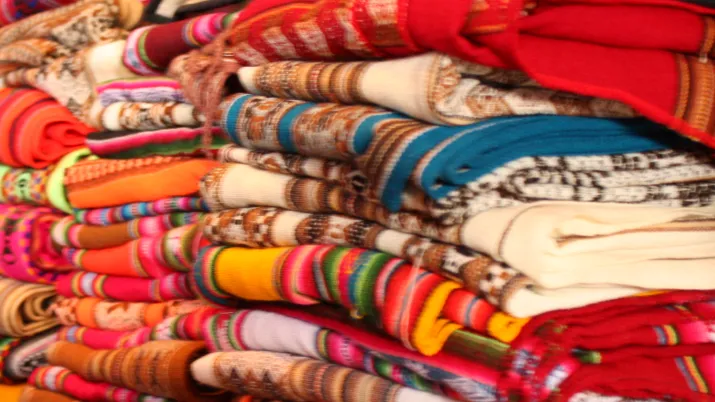
Textile industry: Towards a new economic model to stamp out human rights violations in the workplace
The textile industry employs millions of people in developing countries. Yet its economic model (pressure on costs and lead times, large volumes, frequent renewal of collections, low prices) leads to...
Published on

Dolidol: a showcase for “Made in Morocco”
The CEO of Dolidol tells us about how attached Moroccans are to a traditional product, the Moroccan lounge (comprising L-shaped or U-shaped sprung sofas), and to a local brand, especially in these tim...
Published on
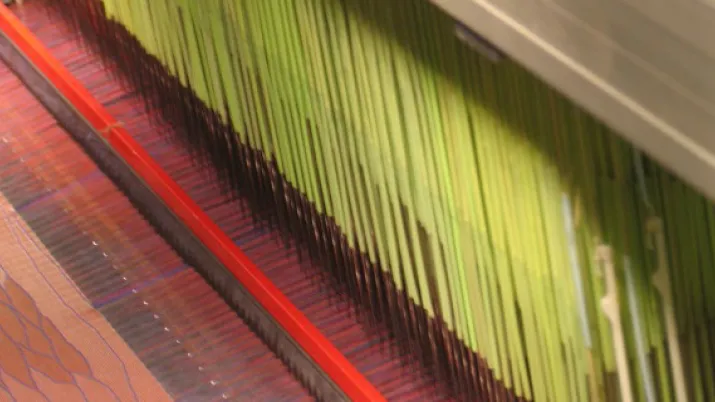
Is industry compatible with climate?
The industrial sector is a major consumer of fossil fuels and the biggest emitter of greenhouse gases (GHG), however there are not as many energy efficiency projects – the key to cutting GHG – as ther...
Published on
